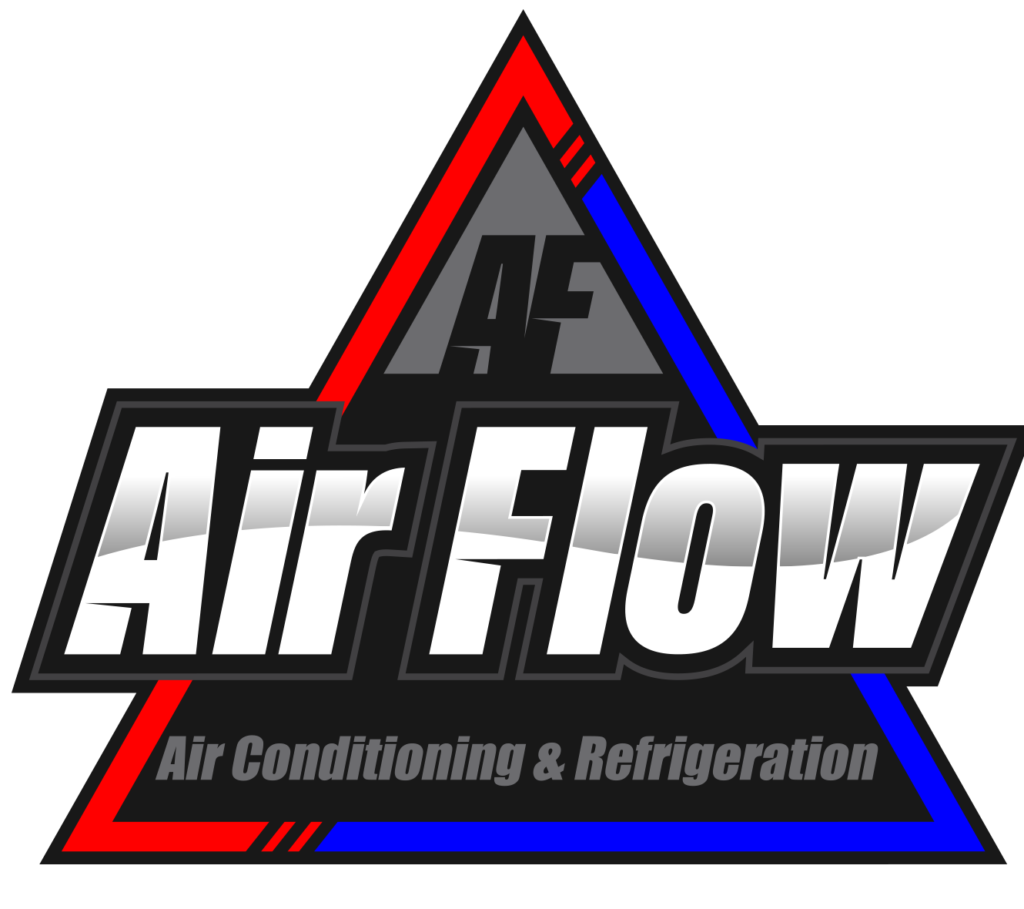The life expectancy of an HVAC (Heating, Ventilation, and Air Conditioning) system can vary depending on factors such as maintenance, usage, and quality of installation. On average, a well-maintained HVAC system can last between 15 to 25 years. Regular maintenance and timely repairs can help prolong its lifespan, while neglect and inadequate care may shorten it.
Notice: Undefined index: options in /home/tkv28zjgy1nf/public_html/wp-content/plugins/elementor-pro/modules/theme-builder/widgets/site-logo.php on line 192
Notice: Undefined index: options in /home/tkv28zjgy1nf/public_html/wp-content/plugins/elementor-pro/modules/theme-builder/widgets/site-logo.php on line 192
Answers from the experts!
Frequently Asked Questions
These are the most frequently asked questions about HVAC, Sizing, and More. Please feel free to contact us if you don’t see your question answered below.
- General Questions
- Mechanical Questions
What is the life expectancy of my HVAC system?
Do you provide free estimate on repairs?
Yes, we provide free estimates on repairs for HVAC systems. Our team will assess the issue and provide you with a detailed estimate of the repair costs, allowing you to make an informed decision. We aim to provide transparency and excellent service to our customers.
What is the difference between a free estimate and diagnostic?
A free estimate typically refers to an evaluation of the cost for a specific repair or service. It provides an estimate of the expected expenses. On the other hand, a diagnostic involves a comprehensive evaluation to identify the underlying problem, providing a detailed analysis of the issue itself, in addition to the cost estimation.
How much is your diagnostic fee and what does it cover?
Our diagnostic fee is $79.95. It covers the cost of our HVAC technician's expertise and time spent evaluating your system. The diagnostic fee includes a thorough assessment of your HVAC system, identification of any issues or malfunctions, and recommendations for necessary repairs or further action.
Can my diagnostic fee be applied toward the cost of my repair?
Yes, in most cases, the diagnostic fee can be applied towards the cost of your repair. Once our HVAC technician completes the diagnostic evaluation and provides you with the repair estimate, the diagnostic fee can be credited towards the total cost of the repairs if you choose to proceed with the recommended repairs or services. This allows you to have the diagnostic cost deducted from the final repair bill.
How long are your time frames?
Our time frames for HVAC services can vary depending on factors such as the type of service, availability of parts, and scheduling. Typically, for routine maintenance or minor repairs, we strive to complete the service within a few hours or on the same day. However, for more extensive repairs or system installations, the time frame can range from a few days to a week, considering the complexity of the job. We make efforts to provide accurate time estimates and keep you informed throughout the process.
What services do you provide?
We offer a comprehensive range of HVAC services to meet your needs. Our services include installation, repair, and maintenance of heating, ventilation, and air conditioning systems. We can assist with air conditioning installation and repair, furnace installation and repair, ventilation system maintenance, duct cleaning, coil cleaning, thermostat installation, indoor air quality assessment, and more. Our skilled technicians are dedicated to ensuring your comfort and optimizing the efficiency and performance of your HVAC system.
What is included in your maintenance package?
Our maintenance package includes thorough HVAC system inspections, filter cleaning/replacement, lubrication of moving parts, thermostat adjustment, condensate drain cleaning, electrical connection checks, coil cleaning, refrigerant level checks, duct inspection, and system performance evaluation. These services enhance efficiency, lifespan, and prevent breakdowns.
What should I do if I smell gas near my HVAC system?
If you smell gas, it is important to prioritize safety. Immediately evacuate the premises, avoiding any potential ignition sources, and contact your gas utility provider or emergency services. Do not operate electrical switches or equipment, including the HVAC system, as it may trigger a spark.
What should I do if my HVAC system is making a loud noise?
If your HVAC system is producing unusual or loud noises, turn off the system and visually inspect for loose components or obstructions. If the issue persists, contact us for professional assistance in diagnosing and resolving the problem to prevent further damage or potential safety hazards.
Why is my HVAC system freezing up?
Possible causes include restricted airflow, dirty coils, refrigerant leaks, or a faulty blower motor. Professional inspection and repair are necessary to identify and resolve the underlying issue.
Why does my heater produce a burning smell?
If you are using the heater for the first time in a while, the burning smell may be normal due to dust accumulation. However, if the smell persists, turn off the unit and contact a professional technician immediately, as it could indicate a more serious issue with the electrical components or wiring
Why is my air conditioner leaking water?
Ensure that the condensate drain line is not clogged or obstructed. Clean the condensate drain pan and ensure proper drainage. If the issue persists, it may require professional assistance to fix any internal leaks or damaged components.
Why is my air conditioner cycling on and off frequently?
Verify that the thermostat is set to the desired temperature and the unit is not placed near any heat sources. Check the air filter and clean or replace it if needed. If the problem continues, there may be an issue with the thermostat or the system's refrigerant levels, requiring professional attention.
Have More Questions?
If you have a question about heating, cooling or air quality matters, just ask our experts. We're here to help! Please fill the form to ask your question.

